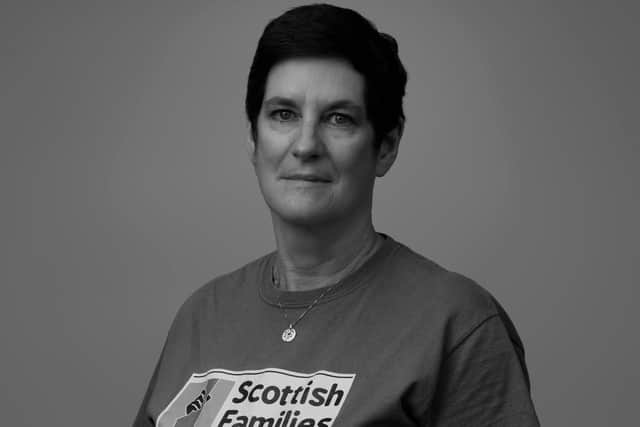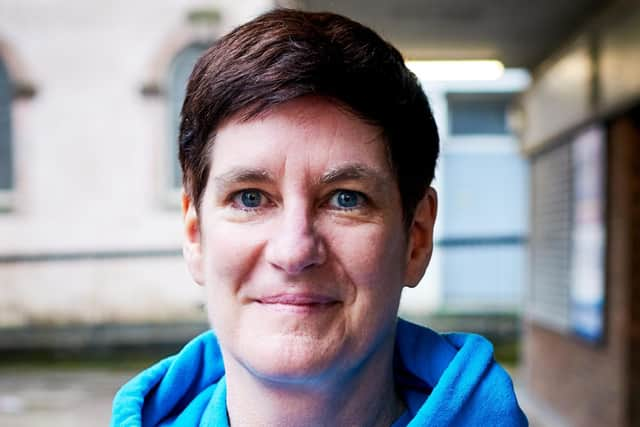Scotland drug deaths: Healthcare gaps are contributing to drug deaths, warns charity boss
Justina Murray, the chief executive of Glasgow-based Scottish Families Affected by Alcohol and Drugs (SFAAD), said the availability and quality of statutory healthcare provision “is no doubt a factor in drug deaths”.
“There's this gap between these brilliant things that we talk and write about in Scotland,” she said. “But it’s just not what families and individuals are experiencing on the ground. I do think in Scotland our alcohol and drugs policy and strategy landscape is progressive, and it says all the right things, but there’s an implementation gap.
Advertisement
Hide AdAdvertisement
Hide Ad“We don’t lack strong, legislative policy and strategic frameworks in Scotland, but we just don’t implement what we write down. These written commandments aren’t becoming good practice on the ground.”


Scotland’s overall rate of drug deaths increased from 6.2 per 100,000 in 2001 to 25.1 in 2020, according to research published by the Health Foundation charity. Among the poorest Scots, which the report said had driven the rise, the most deprived areas suffered from rates of 68.2 in 2020 – 18 times higher than the least deprived.
More recently, Public Health Scotland reported there were 109 suspected drug deaths in November last year, higher than in the same month in 2020 and 2021, when 93 and 89 deaths were recorded respectively.
The researchers from the Health Foundation concluded the implementation gap was partly to blame. A report read: “Despite undoubted policy ambition, effective implementation in Scotland has fallen short and inequalities persist.
“Worse still, they are growing. The effects of the pandemic and the current crisis in living standards, following a decade of stagnation, compound the risks to health ahead.”


Murray said the quality of alcohol and drug services was suffering from the implementation gap, with many families saying they were not treated with “dignity and respect” when advocating on behalf of their loved ones.
“I think there's issues around professional culture,” she said. “I think there's a slightly untouchable feel to alcohol and drug treatment services. They're not inspected, for example, and are not part of any inspection regime, which is quite shocking.
“There's no accountability in the system. Family members tell us all of the time, there's really nowhere for them to go if there is concern beyond the clunky NHS complaints process. Their concerns are just dismissed.”
Advertisement
Hide AdAdvertisement
Hide AdMurray said it was “extremely hard to find areas of the country where services are really good”, and “there's not any single area that's flying the flag and leading the way, unfortunately”.
A key issue for Murray is “nobody is taking responsibility” for treatment.
“Individuals are passed from pillar to post,” she said. “Nobody is responsible for the individual's wellbeing despite this multiplicity of services that are funded for people with complex needs. And so what families end up doing is being the sort of mentor/navigator/case worker/support manager – they do all of this trying to work their way between services and it's just not good enough.”
Comments
Want to join the conversation? Please or to comment on this article.